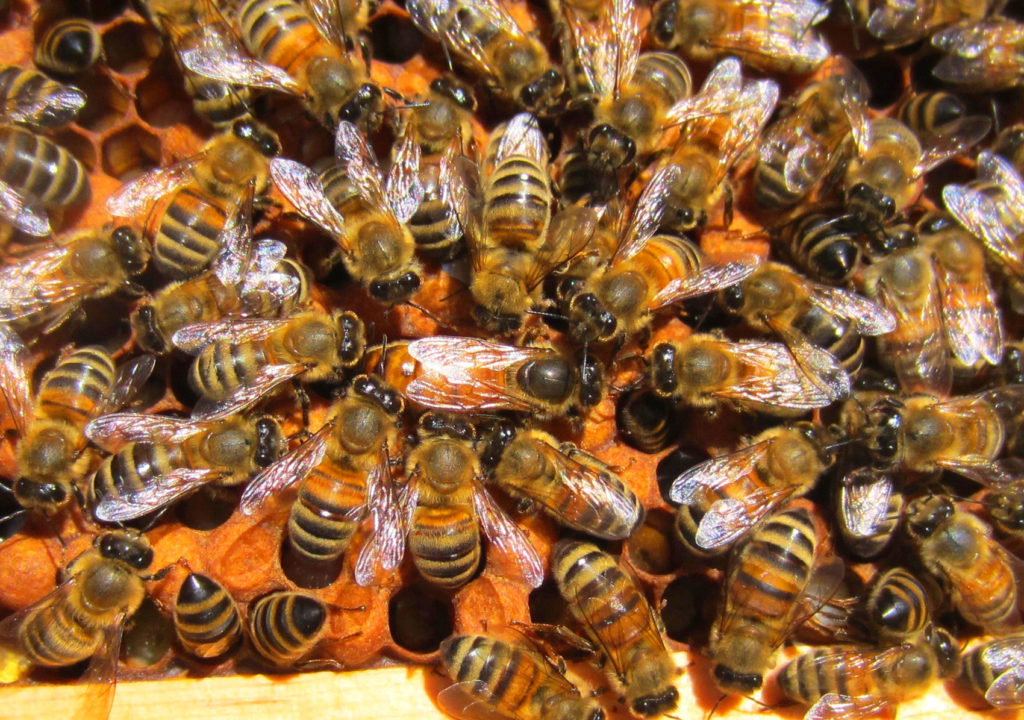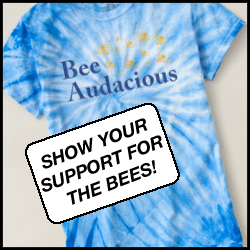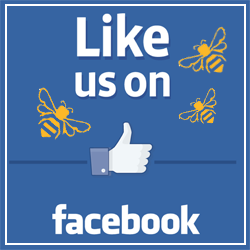The Bees are in Trouble
You may have seen headlines about the rapid decline in bee populations over the past decade–as many as 30-40% of honeybee colonies are dying off every winter, and wild bees are diminishing as well. These losses are catastrophic because bees are essential for life as we know it.
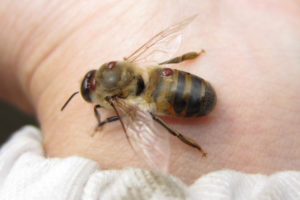
Problems stemming from parasites like these varroa mites are increasingly common and persistent.
Bees pollinate plants that produce one-third of the food we eat, including the vegetables, fruits, and nuts that are the staples of a healthy diet. We desperately need the bees for our own survival. Bees are so important that in 2015 the White House announced the first-ever national strategy to promote the health of bees and other pollinators, stating, “Pollinators are critical to the nation’s economy, food security, and environmental health.”
Current scientific evidence points to pests and pathogens, pesticides, climate change, and habitat loss as key factors impacting the survival of both domesticated honeybees and wild bee species. But now, where human activity has contributed to these problems, we can now make positive changes to help the bees survive.
Beekeepers from across the Northern Hemisphere organized Bee Audacious, a collaborative working conference to envision bold, evidence-based solutions to help honeybees, wild bees, beekeepers and pollination managers prosper. Participants represented a diverse group, including international bee experts, beekeepers, farmers, community organizers and more.
We often support the value of bees solely with economic arguments, neglecting the dimension of values, the principles we hold important and the personal and environmental standards that should be at the heart of beekeeping rather than its fringes.
Bees are no longer healthy enough to respond with the resilience that allowed us to manage honeybees intensively, and ecosystems are no longer sufficiently diverse for wild and managed bees to thrive. Pesticides are ubiquitous, diseases and pests rampant, and the diversity and abundance of bee forage has plummeted.
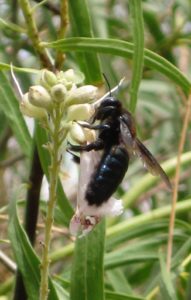 These are not conventional times for bees, and the conventional wisdom about how to keep honeybees and manage wild pollinators no longer serves beekeepers, farmers or the critical societal imperative for environmental sustainability. It is time for bold new ideas that recognize beekeepers as stewards of both managed and wild bees, promoters of healthy environments, managers of economically sustainable apiaries and paragons of collaboration and cooperation.
These are not conventional times for bees, and the conventional wisdom about how to keep honeybees and manage wild pollinators no longer serves beekeepers, farmers or the critical societal imperative for environmental sustainability. It is time for bold new ideas that recognize beekeepers as stewards of both managed and wild bees, promoters of healthy environments, managers of economically sustainable apiaries and paragons of collaboration and cooperation.
It’s time for some audacious thinking about the future of bees and beekeeping.
Inspired by Mark Winston’s editorial in the April 2015 Bee Culture Magazine and his Manifesto.
This was not a traditional conference, but one guided by the methods utilized at the Simon Fraser University Center for Dialogue and Thomas Seeley’s “Five Habits of Highly Effective Hives”. There were few speeches. Most of the time was spent in small groups in active dialogue started from an agenda developed in advance by the participants. We gathered a group of constructive, collaborative and thoughtful people who brought experience from a wide variety of fields that produce impacts on pollinators. The ten thought leaders moderated participants in active dialogues to develop bold, feasible, evidence-based solutions for the future health of bees and the prosperity of those who manage them.
Following the main conference, the thought leaders led a panel discussion that was open to the public and moderated by Doug McConnell and presented in partnership with Dominican University’s Institute for Leadership Studies and the Department of Natural Sciences and Math.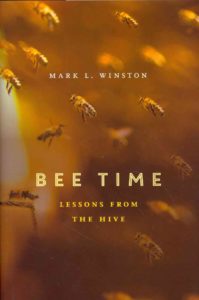
Mark Winston, author of “Bee Time: Lessons From the Hive,” winner of the 2015 Governor General’s Literary Award for Non-fiction, prepared the final report summarizing the ideas generated by the conference.
Conference Details
Main Conference: 12/11/16 – 12/13/16, Marconi Conference Center, Marshall, California
Panel Discussion: 12/14/16, 7:00pm, Dominican University of California, Angelico Hall, 20 Olive Avenue, San Rafael
WHAT IS DIALOGUE?
“Debate is a conversation with sides, dialogue is a conversation with a centre.” –William Issacs
Dialogue is a concentrated conversation among equals. It offers helpful ways to work together cooperatively, encourages mutual understanding between diverse perspectives, and leads to stable, resilient outcomes.
Productive dialogue is entered with a spirit of curiosity, an interest in continually learning from and with others, and a willingness to be changed. Instead of arguing, convincing and advocating for what one already knows, dialogue encourages one to enter a space of the unknown: exploring diverse experiences and values, as well as points of agreement and disagreement.
Ideas for impactful dialogue:
Be open to other perspectives: Disagreement is normal–use this as an opportunity to clarify and understand new ideas.
Be inquisitive: Ask thoughtful questions and listen openly to the answers (e.g. What do you mean? Tell me more. What leads you to believe this?)
Speak personally: share stories of lived experiences and personal values rather than set opinions.
Be disciplined in your participation: brief, focused and on topic, leaving time for others.
Subscribe for Bee Audacious News
